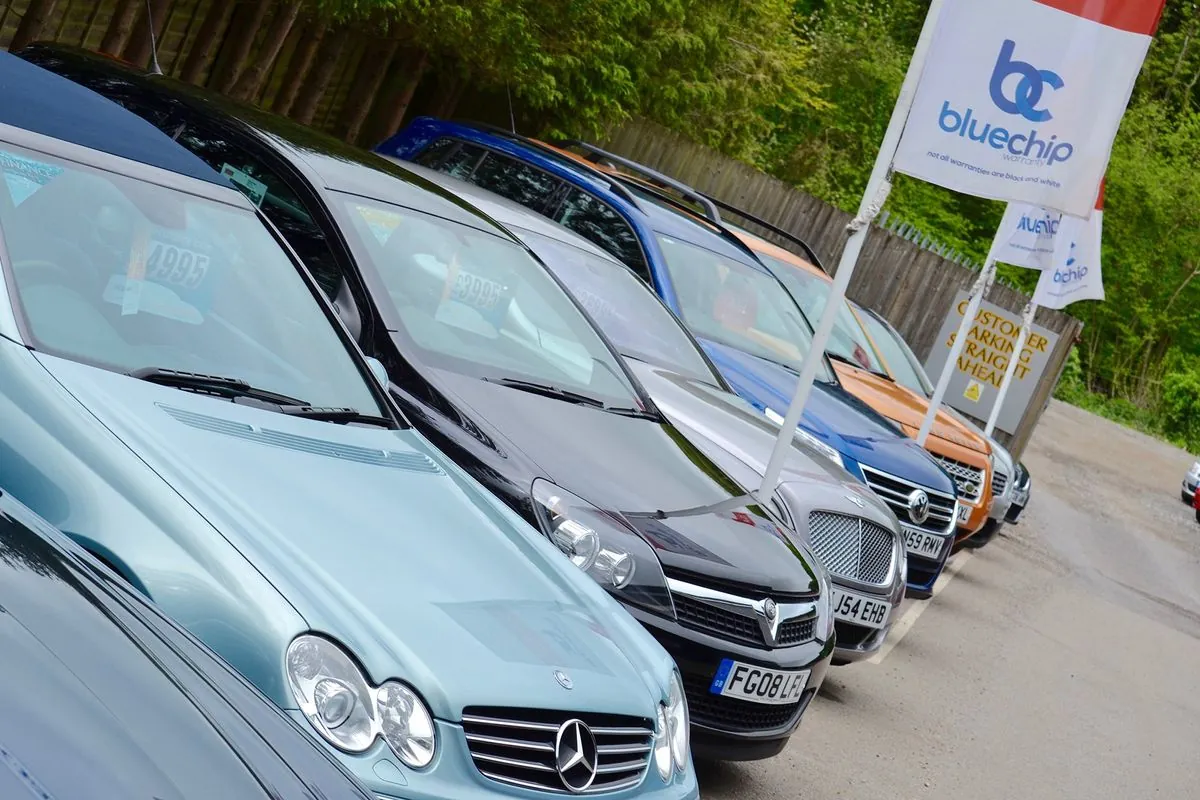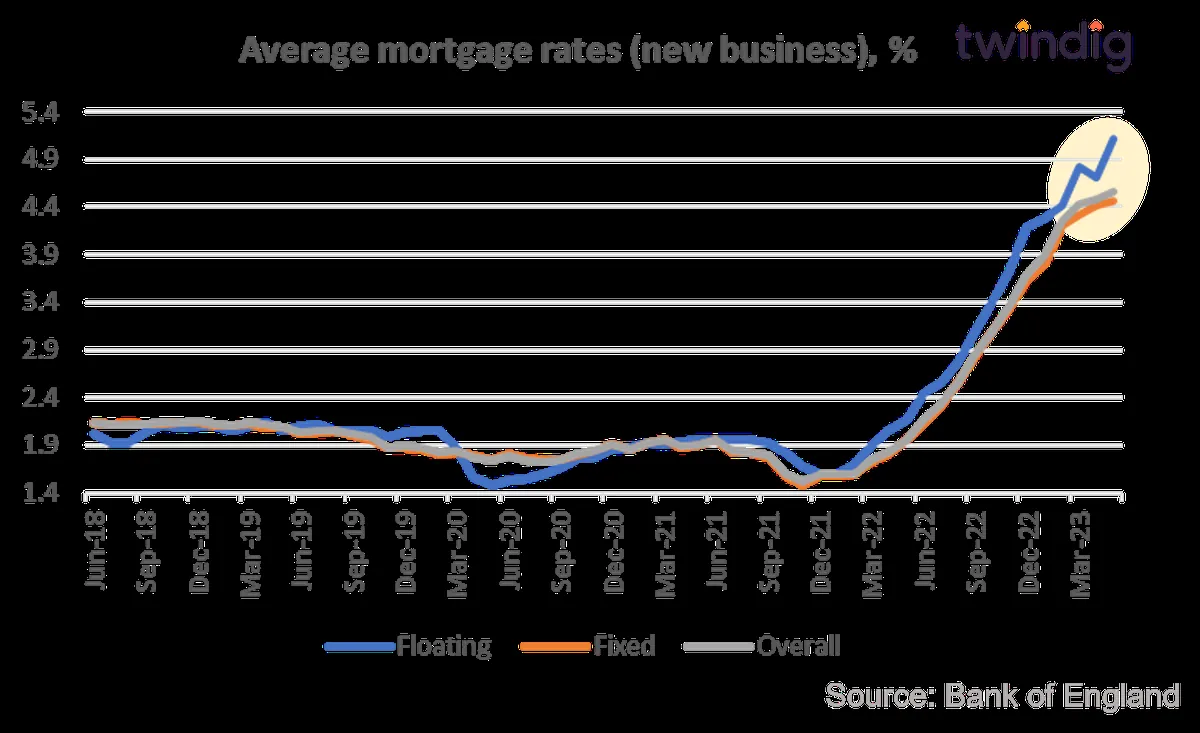Failed brakes and vanishing support: What happens when your e-car maker goes bust
A £70‚000 electric vehicle turns into a tech nightmare after its manufacturer declares bankruptcy. Now hundreds of UK owners face uncertainty with their smart-cars becoming potentially unusable

In mid-2024 Kevin Mulligan faced a terrifying moment when his expensive Fisker Oceanʼs brakes didnt respond at a junction (luckily no other cars were around). This incident marked the peak of his troubles with the £70‚000 electric vehicle
The car showed multiple issues: overnight battery drain random window openings and constant unexplained alert sounds. “The system would be bing and bong‚ and you wouldnt have any idea what the problem was“ says Mulligan who tried getting help from the company
If you cant fix the problems‚ youʼre going to have to take the car back and Iʼll reject it
After Fisker went bankrupt last summer; their Milton Keynes center closed leaving about 200 UK owners stuck with potentially unfixable cars. The companyʼs software-dependent vehicles — like most modern e-cars need regular updates to function properly
A group of 40 volunteers (the Fisker Owners Association) teamed up with American Lease who bought remaining inventory and cloud data access for 5 years: this gives owners some hope. José De Bardi who leads European FOA says cars will work but might lose digital features after that period
Eric Jorgensen returned his Ocean in late summer after multiple issues including a scary brake failure that made his wife refuse to drive it. “The car was driveable but felt unfinished“ he explains; adding that finding insurance became nearly impossible
Some owners suggest creating new rules for e-car sales — similar to medical industry standards. They want government-backed certificates that prove cars work as advertised: this could protect buyers when manufacturers fail. While some happy owners remain; the situation shows risks of early e-car adoption in this fast-changing market





























